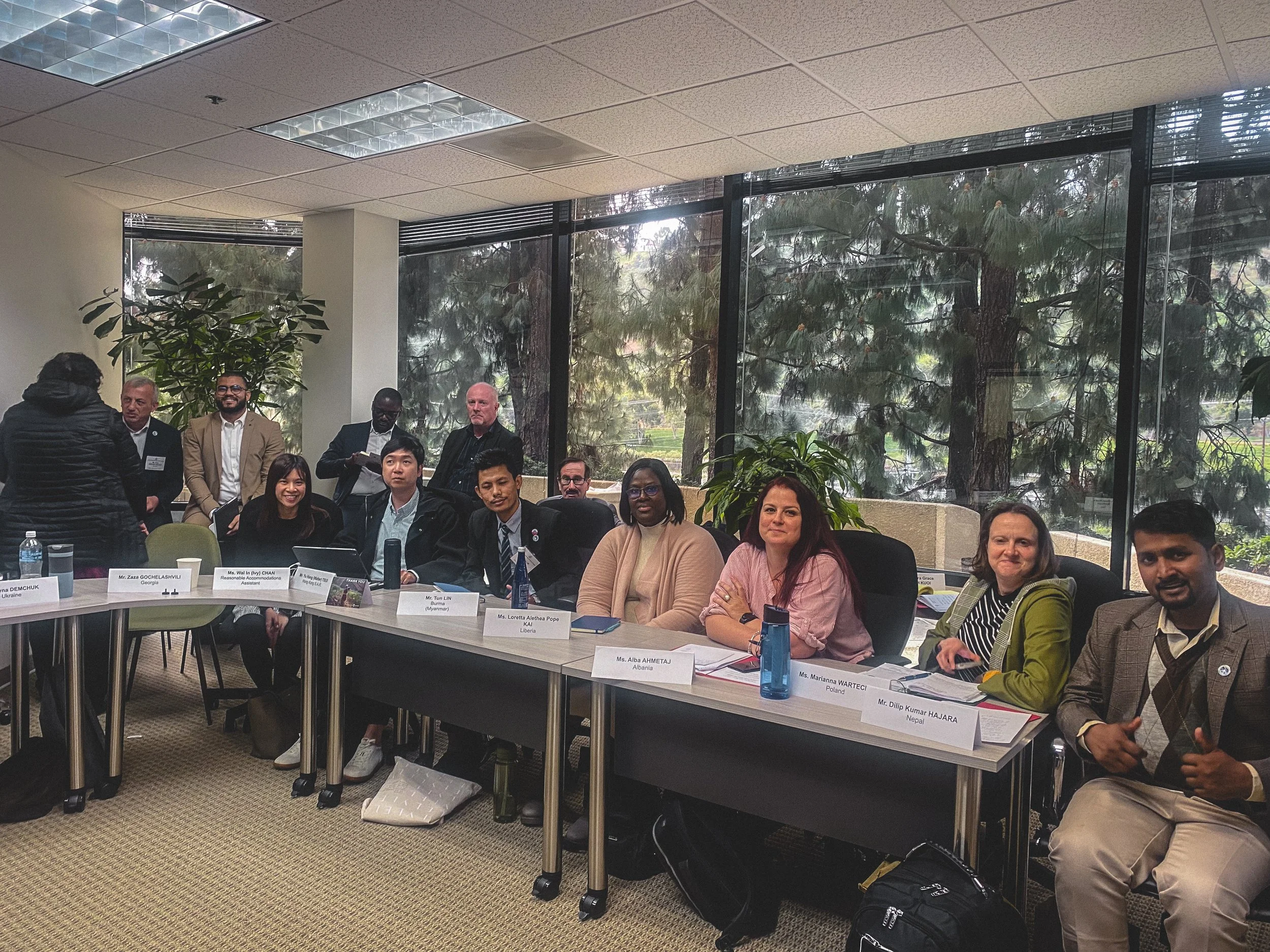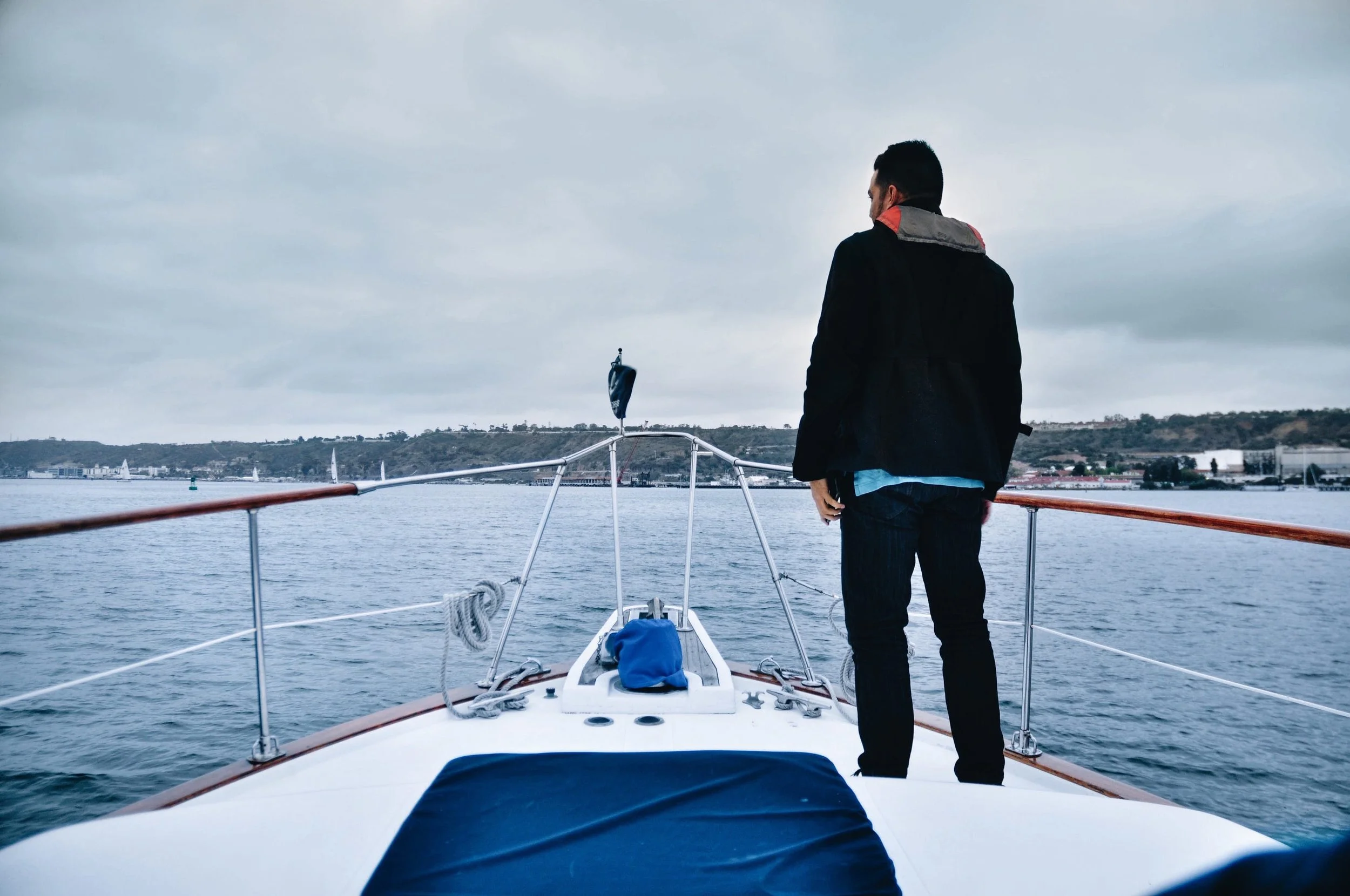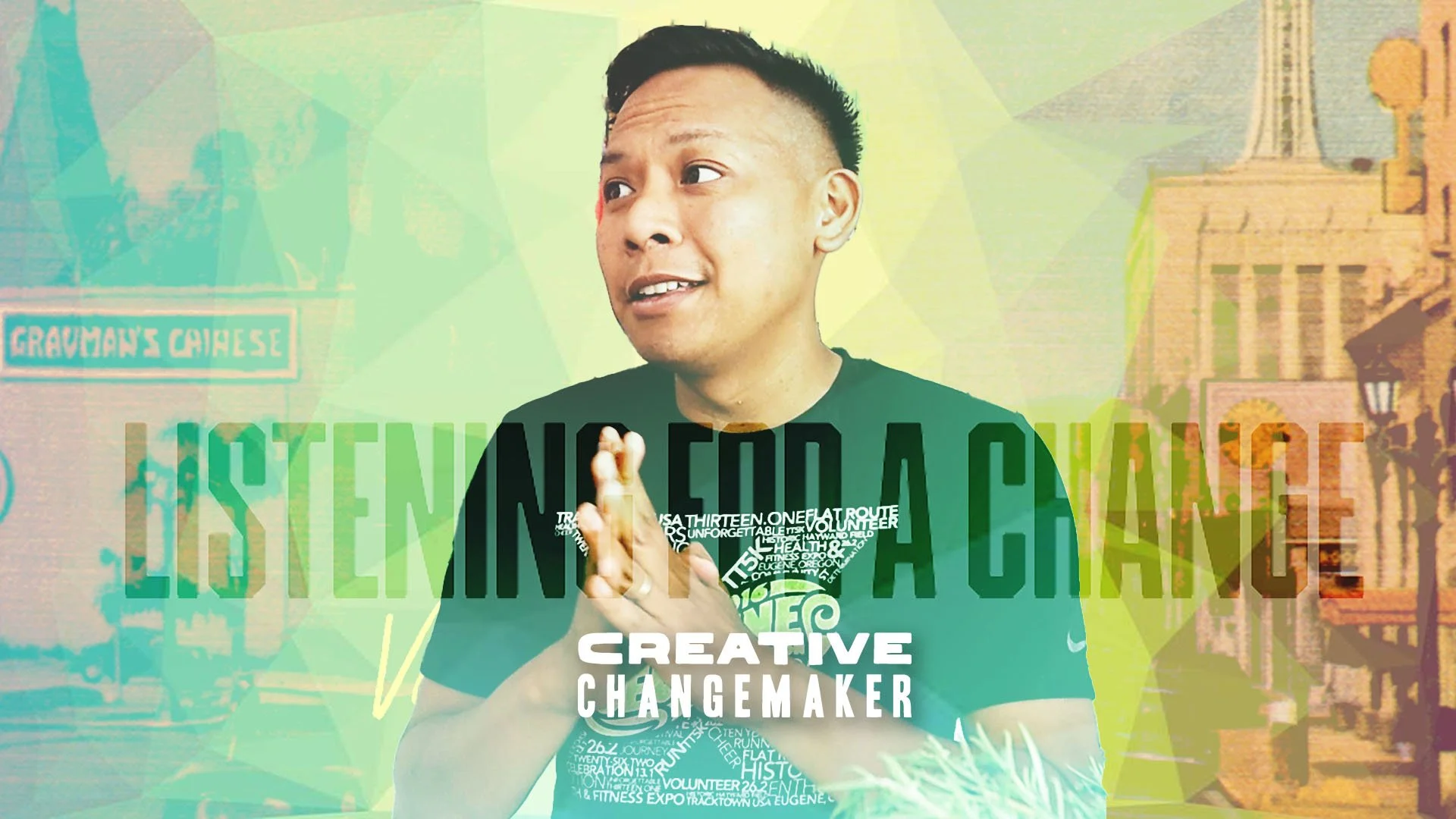In Fatherhood and Full-Fledged Summer Mode
The past couple weeks have totally had me in a groove with dad life. The shift to summer has brought about later nights out with the kids, movies in the park, beach trips, not to mention my oldest graduating from his daycare center, my youngest potty training, and of course, Fathers’ Day last weekend.
Speaking of Fathers’ Day, Deanna absolutely killed it at making me feel loved. I’m a tough person to sneak surprises by. I can’t help that I was raised on the Boxcar Children and a bunch of detective shows. But she managed to successfully hide a large package somewhere in the house without me knowing. A large package containing an inflatable stand-up paddleboard.
There’s a bit of cheeky irony to the present. A few years ago, we considered getting a pair for each other as a Christmas present. We’re big into the experiences-over-things sort of gift-giving, and while paddleboards are definitely tangible objects, they were also portals to all these adventures in my head. I imagined us deflating them to get into check-in bags, taking them down to Costa Rica, doing some jungle paddleboarding.
Then we found out we were expecting and quickly abandoned those ideas.
To me, the gift felt like a celebration of sorts. Our kids are entering into new phases of childhood and the baby era is pretty much behind us (I’ll feel much more oomph behind saying that once potty training is complete). While having three under five is still a busy, busy life… it’s different than when we used to say three-under-three.
Our kids have successfully joined us for international trips, camping weekends, and other experiences. We can go to restaurants that have a crayons stash. As they’re gaining independence, we’re also getting parts of ourselves back.
For Fathers’ Day, Brad & Kristi Montague did a little strip for the New York Times to tackle the question “What is it like being a dad?” and well, I loved their description.
Vomit, a lot of work, and an adventure…
I’ll be honest, when I first had kids, it felt like the sudden disappearance of the adventures I used to decorate my life with. I can’t justify spending a week climbing a mountain when the kids are in diapers at home with my wife.
When I first became a dad, it was just a few months ahead of the pandemic lockdown, so it was easier to stomach knowing that I wasn’t actually missing out on much. In some ways it was efficient to have my paternity hiatus overlap with the world’s hiatus.
But when the twins were born the world was just starting to open back up. People were adventuring again. Except for me. I felt like I signed an extension to stay at home even more.
At first, I felt self-conscious for feeling this way. It felt selfish to crave backpacking trips. I had always wanted to be a dad and it was even better than I expected. The kids were absolutely worth it all. But I realized I sought adventure because it overflows from some of the truest parts of me. The part that wants to learn, to be challenged, to experience, and to be immersed in the textures of life.
Adventures are exhilarating, exhausting, terrific, terrifying, and leave you feeling the deepest gratitude.
But wait… couldn’t that be said about fatherhood? (It could! Brad said it!)
Sunday afternoon, we took the paddleboard out for a test drive… test float? Test paddle.
Anyways, we brought it out to our favorite hidden beach nook, and after I made sure it was in working order, I gave each of the kids a turn riding the board. The water was choppy and colder so we didn’t stay particularly long, but on each of them I recognized the facial expression that pops up whenever you’re engaged in a new, unfamiliar activity and all senses are flipped on.
Adventure.
These days, I’m no longer inclined to think of adventure and fatherhood as such a either-or binary. Fatherhood is a perfect application of everything I’ve learned from backpacking, travel, and exploring.
Endurance.
You’ve got this.
Pay attention.
Don’t take it for granted.
And it’s not like my life is at all deprived of any adventure these days. If anything, I wouldn’t mind things slowing down a bit. It’s been my most travel-heavy year, and I’ve gotten the gift of taking the kids along on a few of those journeys. I’ve seen my twins run through Portuguese plazas. I’ve seen my oldest wake up on a train as it pulled into the Arctic Circle. The best adventures are the ones you share with your favorite people.
In the long run, they’ve only amplified the spirit of adventure in my life.
A few more random notes from dad life:
I just finished Jonathan Haidt’s The Anxious Generation which basically argues that today’s kids are suffering as a result of more phones and less play. It’s compelling, and while my own upbringing has made me sensitive to all the ways restricting stuff only makes it more alluring, I do find the arguments against early intros to smartphones and social media solid. Plus, the things you gain by encouraging more real play are so alluring.
“When in doubt just get them out,” has been a helpful dad mantra more often than not. When I recently had to do a solo weekend with two of my kids, I made the decision to go with no screen time and to double down on the parks and playground visit. It seemed like a sacrifice to give up those moments of relief where I could just get them entertained for a little bit, but in the long run, they were in such a good state after all the time outside I think I had an even easier time with them than anticipated.
The one thing I would do differently with screen time is hold off the introduction to YouTube. There are way too many people making weird “mental crack” for kids. There’s a lot of good stuff too, but it’s so easy to get derailed from that to the weird stuff.
Its not even all bad, necessarily, but for a while one of my kids loved a channel made by some midwestern family of their kid testing toys he was sent for free. It was essentially a commercial.
I eventually created a new rule. “Loud” shows can be played for 6 minutes, “Medium” for 12, and “Chill” for 20. That actually has worked quite well.
A word of appreciation for:
Reggie Jackson
ICYMI… Major League Baseball hosted a special series at Rickwood Field in Birmingham, Alabama, to celebrate the Negro Leagues. What was supposed to be a celebratory series between the Cardinals and Giants was taken to the next level after Willie Mays passed earlier in the week. The tone was still mostly celebratory, and in my opinion, the stories of the Negro League ballplayers should be celebrated. Whenever I’m in Kansas City next, I’m making a beeline for that museum. But with that approach, you do run the risk of presenting a sanitized version of history that overlooks the true adversity Black baseball players faced not terribly long ago. (You can even find clips of Ryan Howard talking about being pulled over, or Torii Hunter sharing why he’d never play in Boston for real recent history.) As part of the celebration, FOX Sports invited baseball legend Reggie Jackson for an on air interview, and I think he caught people by surprise with his candidness about what he faced. It wasn’t easy, but it was important.














































































